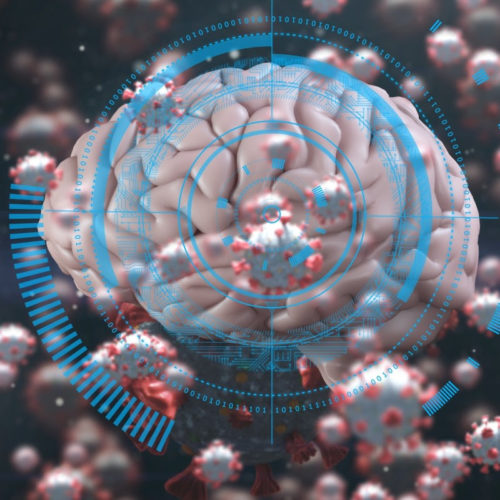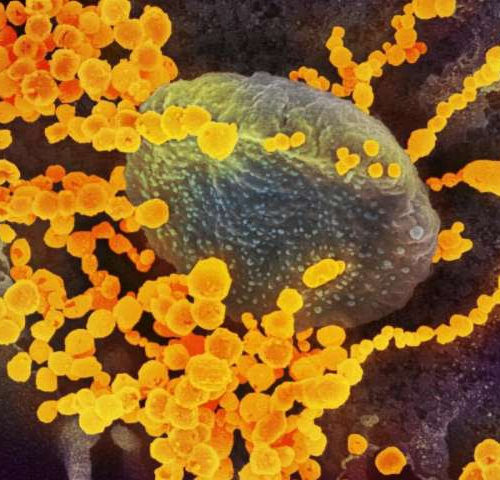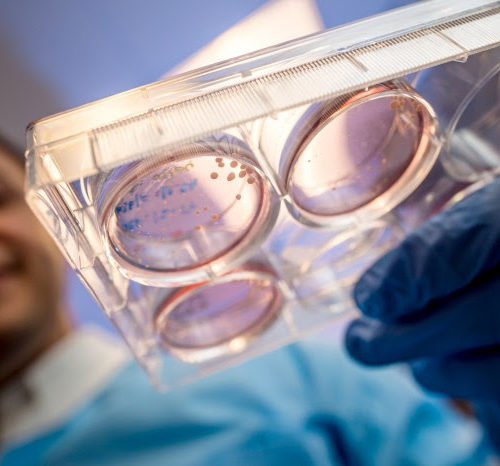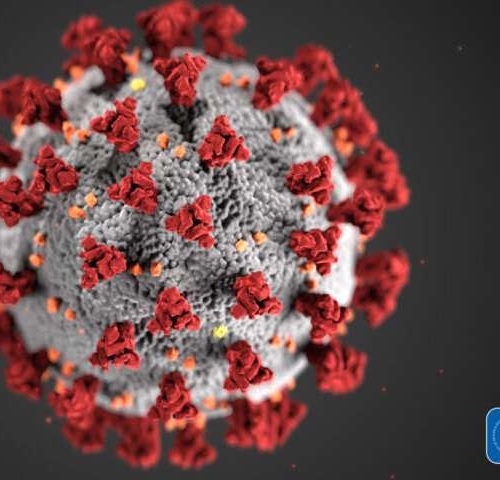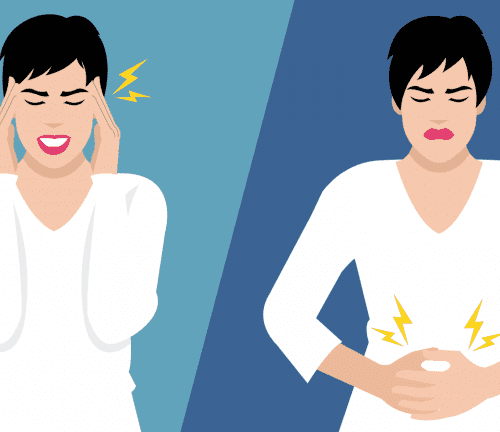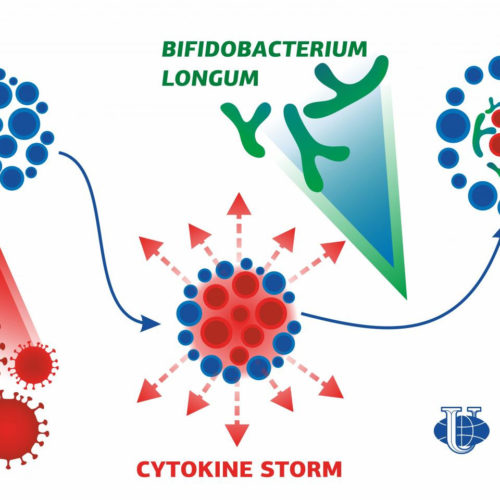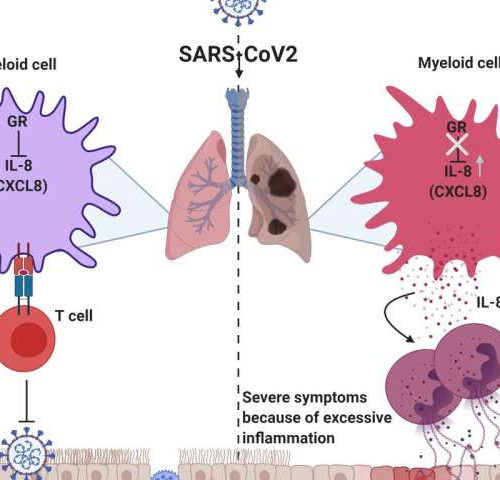By Rich Haridy, September 22, 2020 The team of neuroscientists suggest there is evidence catching COVID-19 could increase one’s risk of developing Parkinson’s disease A new article from a team of neuroscientists at the Florey Institute of Neuroscience & Mental Health is warning a future ‘silent wave’ of neurodegenerative disease may be spawned by the...
Tag: <span>COVID-19</span>
Some severe COVID-19 cases linked to genetic mutations or antibodies that attack the body
by Howard Hughes Medical Institute Infection with the novel coronavirus (gold spheres) can cause a range of symptoms. Some people with severe cases of COVID-19 have genetic mutations in key immunity genes or antibodies that attack the immune system. Credit: NIAID People infected by the novel coronavirus can have symptoms that range from mild to deadly....
TEAMS FIND CLUES TO PUZZLING COVID-19 CASES IN KIDS
New findings may clarify the surprisingly small percentage of COVID-19 cases in children. In a paper in the Proceedings of the National Academy of Sciences, Naftali Kaminski, professor of internal medicine and chief of pulmonary, critical care, and sleep medicine at Yale University, and colleagues share findings related to children’s surprising immunity to the virus. They...
How COVID-19 can damage the brain
Some people who become ill with the coronavirus develop neurological symptoms. Scientists are struggling to understand why. Some evidence that SARS-CoV-2 can infect the brain comes from ‘organoids’ — clumps of neurons created in a dish. The woman had seen lions and monkeys in her house. She was becoming disoriented and aggressive towards others, and...
Stroke can be first presenting symptom of younger patients with COVID-19
by Crystal MacKay, University of Western Ontario Since the start of the COVID-19 pandemic, researchers have been working to better understand and characterize the varied symptoms of the disease. One of the most concerning symptoms is the development of large blood clots that can cause blockages in the arteries that lead to the brain and causing...
Potential COVID-19 drug azithromycin may increase risk for cardiac events
UNIVERSITY OF ILLINOIS AT CHICAGO Debates over whether hydroxychloroquine should be taken to help lessen the duration and impact of COVID-19 have revolved around the drug’s reputation for causing cardiac events such as abnormal heart rhythms or beats and cardiac arrest. Because of this, the U.S. Food and Drug Administration has revoked emergency use authorization...
What Are the Long-Term Health Impacts and Lasting Effects of Coronavirus?
Sarah Gupta, MD September 16, 2020, 8:22AM (PT) COVID-19 is caused by a brand new coronavirus (officially named “SARS-CoV-2”). So far, there’s a lot we know about COVID-19: what causes it, common symptoms, and how it spreads. But the virus has only been around for about 9 months. And because it’s so new, scientists and doctors are...
A bifidobacterial protein that can reduce inflammation in COVID-19 found by a RUDN geneticist
RUDN UNIVERSITY IMAGE: A GENETICIST FROM RUDN UNIVERSITY STUDIED THE EFFECT OF BIFIDOBACTERIUM (INTESTINAL BACTERIA) ON THE INFLAMMATORY PROCESS AND DISCOVERED THAT THEIR SURFACE PROTEIN IS CAPABLE OF STOPPING EXCESSIVE OR UNCONTROLLABLE INFLAMMATION. CREDIT: RUDN UNIVERISTY A geneticist from RUDN University studied the effect of Bifidobacterium (intestinal bacteria) on the inflammatory process and discovered that...
Eli Lilly’s Rheumatoid Arthritis Drug Accelerates Recovery in COVID-19 Patients
(Reuters) – Eli Lilly and Co said on Monday its rheumatoid arthritis drug shortened the recovery time for hospitalized COVID-19 patients also given Gilead Sciences Inc’s antiviral remdesivir. Lilly said its drug, baricitinib, branded as Olumiant, in combination with remdesivir cut the median recovery time by about a day, compared to patients treated with remdesivir...
Biomarker predicts who will have severe COVID-19
by The Korea Advanced Institute of Science and Technology (KAIST) Figure. Low glucocorticoid receptor (GR) expression led to excessive inflammation and lung damage by neutrophils through enhancing the expression of CXCL8 and other cytokines. Credit: The Korea Advanced Institute of Science and Technology (KAIST) KAIST researchers have identified key markers that could help pinpoint patients who...

